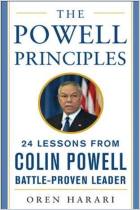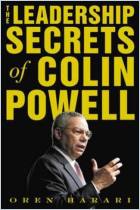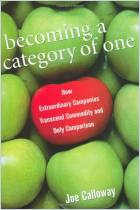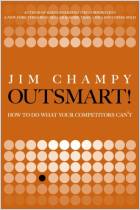
Break from the Pack
How to Compete in a Copycat Economy
Recommendation
The modern workplace is a complex jigsaw puzzle with international pieces, quick-change technology and oddly shaped commodities. It's hard to comprehend or complete the global economic enigma, but Oren Harari offers crucial elements of the workplace puzzle. With precision and real-life examples, Harari explains how employees and executives can succeed in a "copycat economy" dominated by imitators, pretenders and pirates. He offers vision and practical tips, though some corporate examples, such as his praise of JetBlue – which is now well-established – seem a little forced or dated in this otherwise timely text. The book can be repetitious in sections, but some points are worth repeating and this analysis is well worth reading. getAbstract highly recommends it to executives, investors and mid-level employees.
Summary
About the Author
Oren Harari, a professor at the University of San Francisco's Graduate School of Business, has written seven other books, including The Leadership Secrets of Colin Powell, a New York Times bestseller. His other titles include: Beep! Beep!: Competing in the Age of the Roadrunner and Leapfrogging the Competition.













Comment on this summary